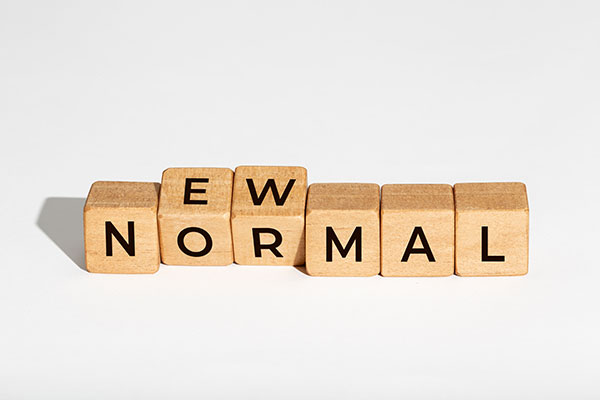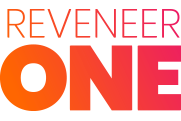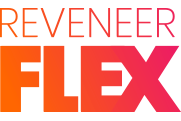We have heard a lot of talk about what the “new normal” is going to look like when the current pandemic ends. Restaurants and bars out of business, no live concerts, no sporting events with fans, no more movie theaters, businesses shedding office space with most employees working from home, airlines going out of business and airplanes less than half full, retail stores closing, and lots of mask wearing and mask shaming.
I’m here to tell you that none of these things will be permanent. None. Not one. In less than a year the new normal will look a lot like the old normal. Everyone will be back to work. The economy will begin growing again. Unemployment will fall rapidly. People will be gathering at baseball games, football games, and concerts again.
There will be some other changes, however. But these will be evolutionary, not revolutionary. For example, for some time now the trend in business to business sales has been to move to an inside sales model as opposed to the traditional model where account executives spend a lot of time visiting prospective customers. The pandemic has likely only served to accelerate this trend. Business travel will likely be reduced as companies realize that most of their selling can be successfully conducted virtually. Customers, too, realize that it is much more efficient to interact with suppliers by phone and video. The tools that allow this are becoming ubiquitous and both buyers and sellers are becoming more comfortable with using them. This all allows for higher velocity selling that benefits everyone.
The pandemic has taught many businesses to spend their time and effort on the things they do well—designing and building products that customers want and need. The friction of the selling process can be significantly reduced by using experts, tools, and systems that are designed to deliver sales results quickly and cost-effectively.
That’s what I see the new normal becoming. Not just a new normal, but a better normal.



